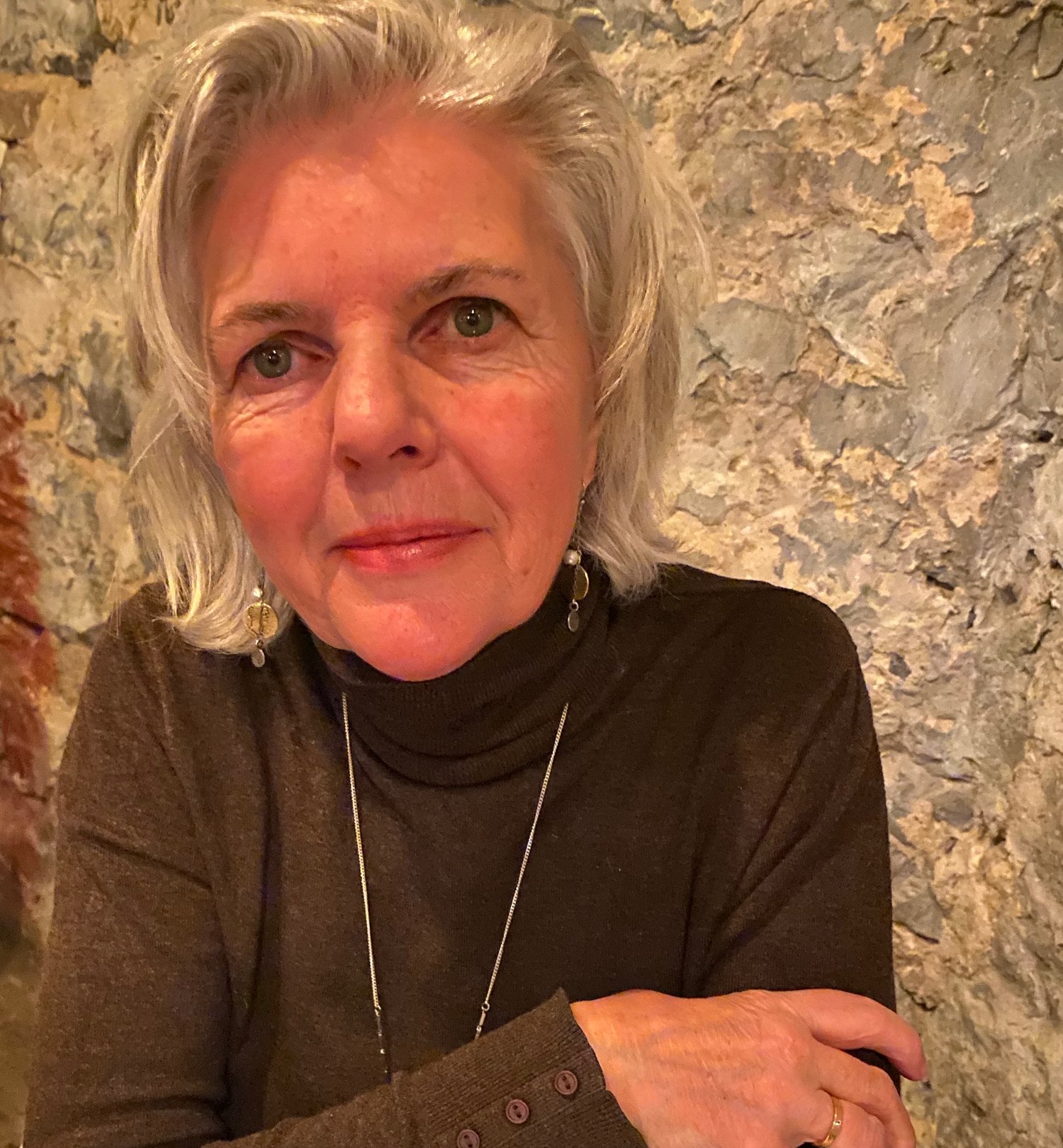Argonauta Reader’s Guide
QUESTIONS & TOPICS FOR DISCUSSION
Today, we live in a society in which, thanks to advances in reproductive technology, there are at least ten ways to create a baby. Not all children born from gamete donations of sperm, egg and embryos have the same rights as adopted children to learn information about their birth parents. What effect do you think this might have on the adoption triangle – adoptee, biological parent(s) adoptive parents?
Although the character Maude Digby had a mother and father growing up, she felt there was something missing in her background. However her siblings, also adopted, didn't agree. Discuss how the story is written with three major viewpoints on adoption.
Pierre Trudeau, as Prime Minister, called the terrorists during the October Crisis 'children of people we know'. As you read through Argonauta what is the feasibility of this statement being true?
The War Measures Act and it’s limitation on civil rights - was implemented in 1970 during this political upheaval. How would you feel about that happening today?
Did you know that Miguasha, a paleontological site in the Gaspé, has been listed by UNESCO as a world heritage fossil site? Have you done any traveling through the province of Québec beyond Montreal?
The author interviewed several paleontologists in relation to digs that discover graves. Regarding the burial for the unknown woman, could there really be a connection for the team and the body by means of a ceremony such as the one described in the book.
Which of the universal themes threaded through the story - identity, adoption, family, motherhood, culture and heritage, were most resonant for you?
A story set with a Québec landscape cannot be written without wading through the political turmoil that continues to permeate the province. How much did you know about the ‘October Crisis’ before reading Argonauta?
